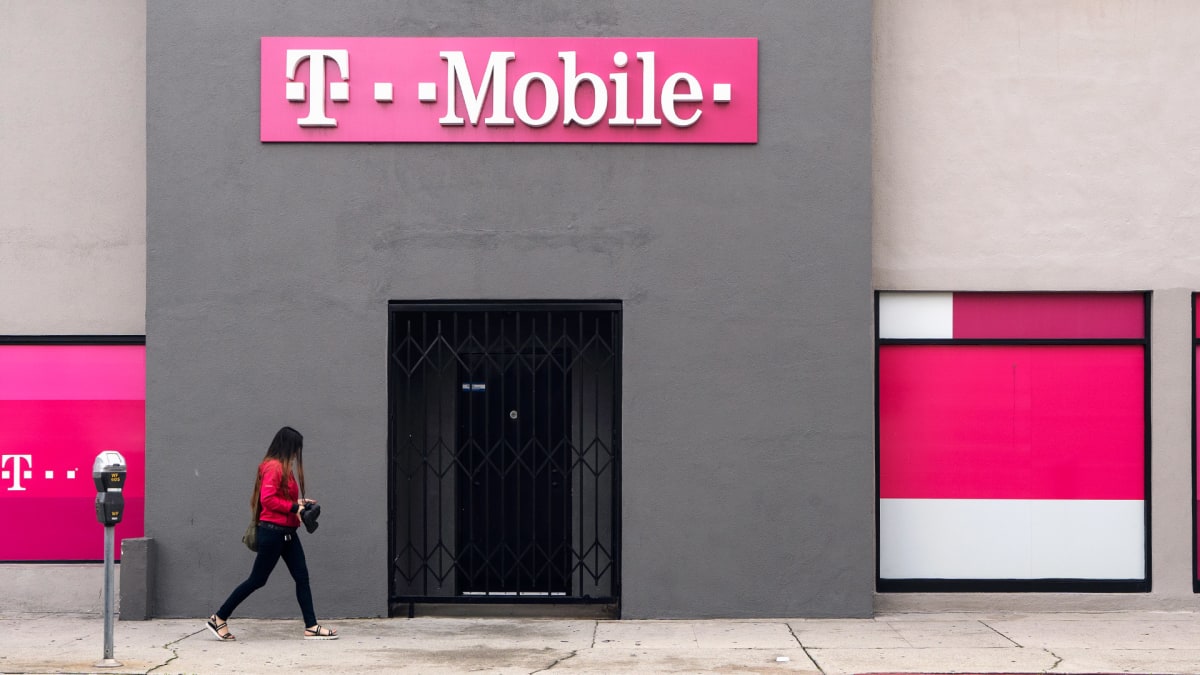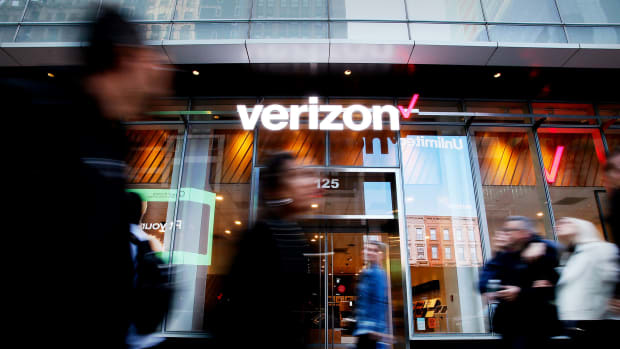
Most wireless ads involve one company claiming to be better than its rivals.
Some of those assertions are based on surveys, and when you look at the data, in some ways AT&T (T), Verizon, and T-Mobile all have viable claims to the throne. But the winner truly depends on which data you choose to highlight.
In many ways, arguing among these three companies is like making a case for MVP in the National Basketball Association. There's no clear criteria, so there's a lot of room for debate. You might prioritize team success while another voter might look solely at numbers.
DON'T MISS: T-Mobile Follows Verizon by Adopting Unpopular Pricing Policy
In the wireless space. T-Mobile (TMUS) has a legitimate claim to being the "best wireless network," but so do AT&T and Verizon (VZ). In fact, you can argue that each could make that claim based on the top-line analysis from the current RootMetrics U.S. State of the Mobile Union report:
- AT&T leads in national and state testing:
- T-Mobile shows incredible speeds, while earning Best 5G honors for the third straight time.
- Verizon delivers strong results across the board, with the best 5G reliability of any carrier.
RootMetrics is widely accepted as a reliable report, and in offering a comprehensive picture of the state of the industry, it also offers a confusing one. The results literally give all three major carriers a claim to being "the best," but how you make the claim matters.
That's where both Verizon and T-Mobile have gotten in trouble with the National Advertising Division (NAD) a division within BBB National Programs.

Image source: Leonardo Munoz/VIEWpress via Getty Images
Verizon Went Wrong With Its Scrooge Ads
In February, after a challenge brought by AT&T, the NAD recommended that Verizon stop using the claim “you need a better network,” as well as several implied claims, used in connection with its wireless service. It's a recommendation because the NAD is not a government regulatory agency, and while members generally abide by its decisions, they're not obligated to.
The challenged claims appear in a thirty-second holiday-themed commercial promoting Verizon’s wireless network and includes well-known actors Paul Giamatti, as the Dickens character Scrooge, and Cecily Strong. In the commercial Giamatti as Scrooge holds up his mobile phone, scowls, and complains that he can “barely get reception...” In response, Strong recommends that he “need[s] a better network. Tis the season to switch to Verizon.”
The NAD took issue with the claim “You need a better network” in the context of the commercial as it "conveys an objective claim that requires substantiation or whether it falls into the realm of puffery." In the guise of a silly ad, Verizon claims that its network is better than its rival without actually substantiating that claim.
In addition, the arm of the BBB wants Verizon to drop claims that is has better reception and thereby a better network.
"In the absence of support for Verizon’s claim that it offers better reception than its competitors, NAD recommended Verizon modify the advertising to avoid conveying the implied messages that Verizon provides customers with superior reception, that Verizon has a 'better network' than its competitors, and that Verizon offers superior reception due to its 'better network,'" the NAD shared.
Verizon has appealed the decision.
T-Mobile Is Also Challenged Over Ad Claims
AT&T also filed an NAD challenge over T-Mobile's claims that its wireless service has the most reliable 5G network according to the third-party testing company umlaut. The NAD recommended that T-Mobile stop making the "most reliable" claim based on the particular dataset.
In this case, the NAD has an issue with the data source and the testing method used to determine which 5G network is most reliable. The umlaut test, which uses four different tests to assess whether consumers can complete different tasks on each carrier’s network, does not meet standards the NAD established in previous rulings.
"After considering each of the 4 tests, NAD found that it could not determine with certainty that umlaut’s 5G Transaction Success Metric accurately measures task completion in a consumer-relevant way," the agency reported.
"NAD determined that umlaut’s testing is not a good fit for the reliability claim at issue and recommended that T-Mobile discontinue its 'most reliable 5G network' claim according to umlaut and all similar challenged claims."
In addition NAD also recommended that T-Mobile "discontinue the claim 'Independent experts from across the industry have sent a clear message time and time again: there’s one network leader and it’s T-Mobile."
Unlike Verizon, T-Mobile has opted to not appeal the decision and has agreed to comply with the recommendations.







